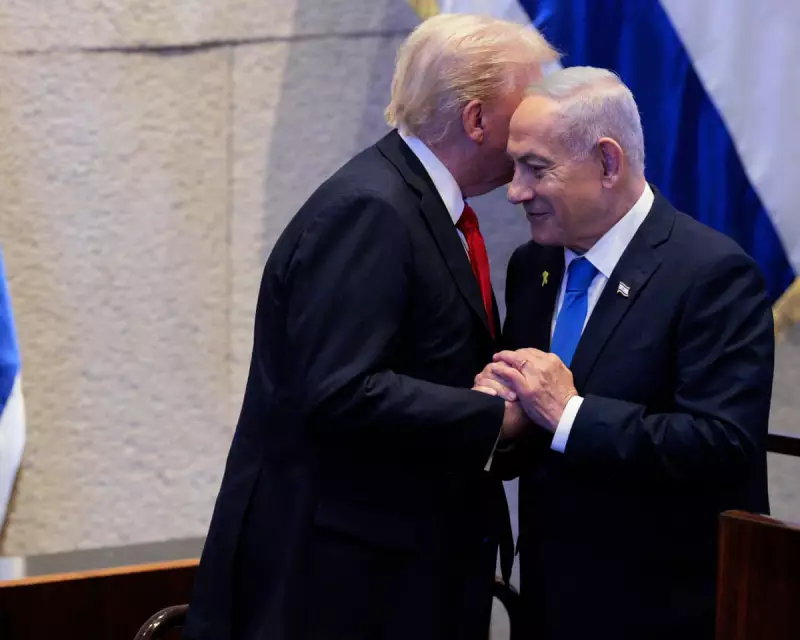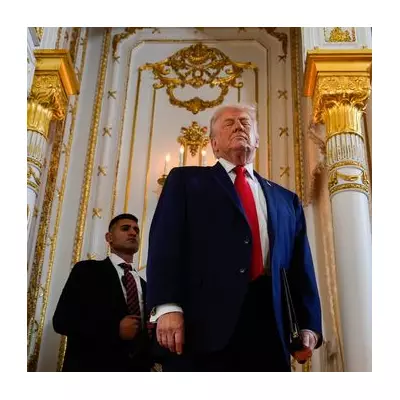
In a surprising geopolitical development, former President Donald Trump has positioned himself as an unexpected voice calling for an end to Gaza's humanitarian crisis. However, closer examination reveals this intervention may be less about altruism and more about strategic political positioning.
The Calculated Humanitarian
Trump's recent statements advocating for relief in Gaza represent a significant departure from his previous Middle East stance. While appearing compassionate on the surface, political analysts suggest this move serves multiple strategic purposes that align with his broader political ambitions.
This carefully timed intervention comes as Trump seeks to broaden his appeal beyond traditional Republican bases, potentially eyeing moderate voters concerned about humanitarian issues and America's global standing.
Strategic Benefits Behind the Compassion
- Political Diversion: Shifting focus from domestic controversies to international statesmanship
- Moderate Appeal: Attracting voters who value humanitarian leadership in foreign policy
- Global Rehabilitation: Rebuilding international credibility ahead of potential political comeback
- Contrast Creation: Positioning himself against current administration policies
The Realpolitik Behind the Rhetoric
Experts note that Trump's Gaza comments align with his transactional approach to foreign policy. What appears as humanitarian concern may actually represent calculated positioning designed to serve multiple political objectives simultaneously.
This intervention allows Trump to address several challenges he faces, including rehabilitating his international image and creating distance from more controversial aspects of his previous Middle East policies.
Domestic Political Calculations
- Appealing to moderate Republicans concerned about America's global leadership
- Creating contrast with current administration's handling of Middle East conflicts
- Demonstrating statesmanship capabilities to undecided voters
- Shifting media narrative from legal challenges to foreign policy expertise
Broader Implications for US Foreign Policy
The timing and nature of Trump's Gaza intervention suggest a sophisticated understanding of how humanitarian issues can serve broader political goals. This approach reflects an evolution in how political figures leverage international crises for domestic advantage.
The Gaza statements represent more than simple policy positioning—they signal how future political campaigns might integrate humanitarian concerns into broader strategic calculations, particularly in deeply polarized international conflicts.
As the 2024 political landscape continues to evolve, this type of calculated humanitarian positioning may become increasingly common among politicians seeking to balance base appeals with broader electoral demands.





